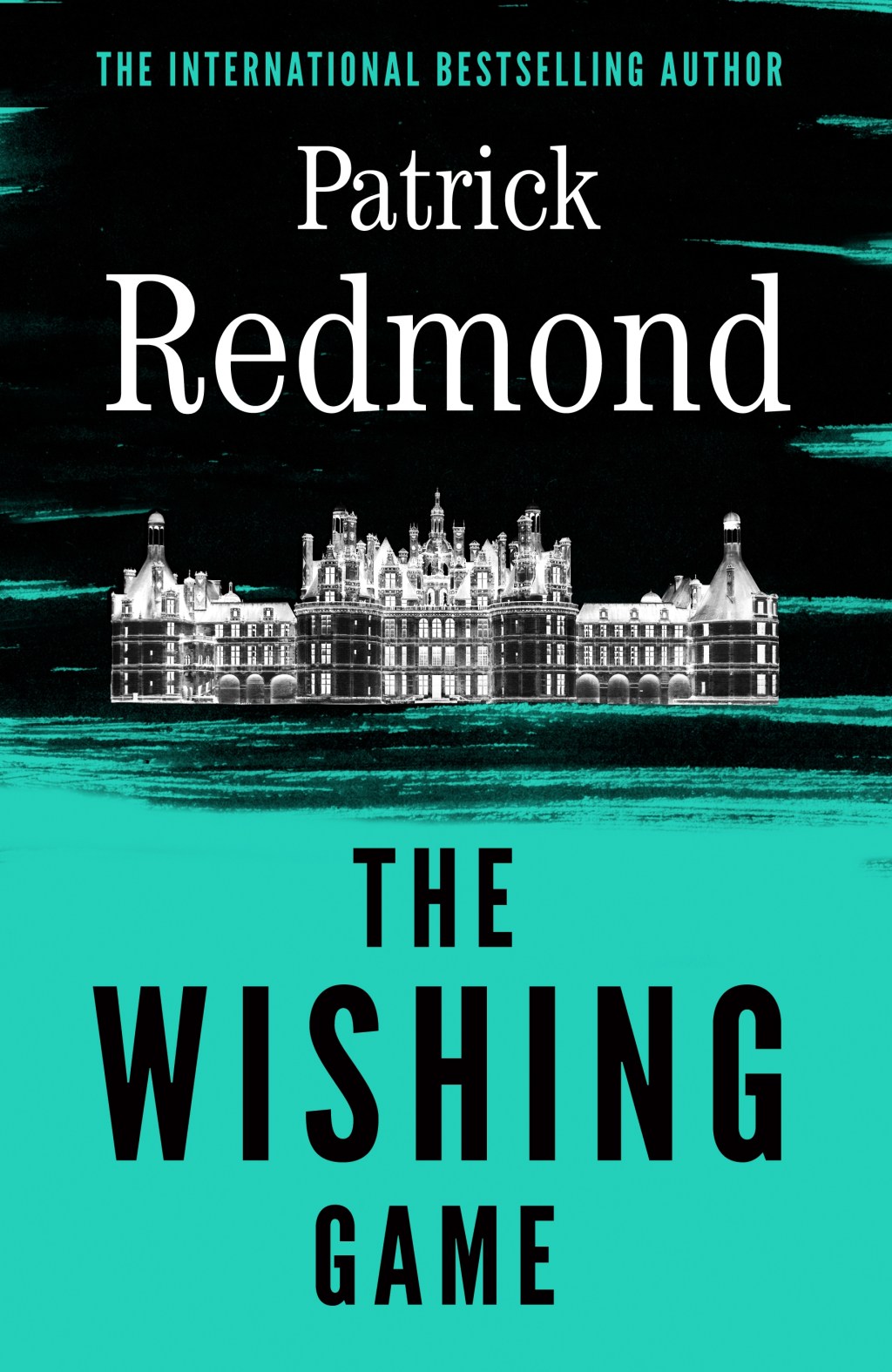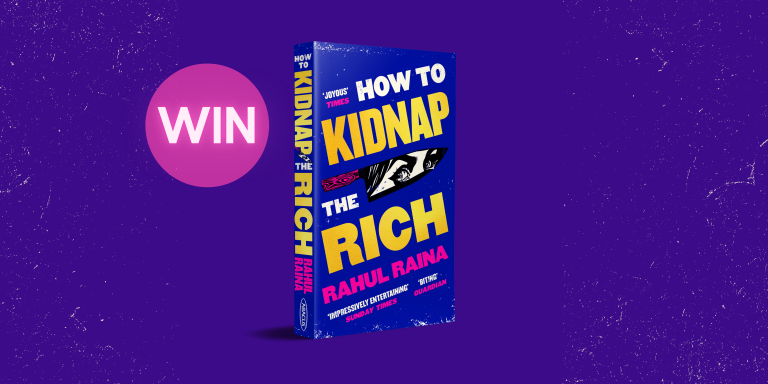Patrick Redmond: Letting Your Characters Lead the Way

In the bleak winter term of 1954, something terrible happened at Kirkston Abbey school for boys…
So reads the back cover of my first novel: The Wishing Game. It did all seem so straight forward when I started. The book was going to be a conventional horror story; I had the entire plot worked out. Now all I had to do was write it. Little did I suspect that one of the characters I was about to create might have very different ideas as to what my tale was really about.
One thing I’ve learned is that fictional characters are like actors whose careers grow ever more successful as a book progresses. At the start they are desperate unknowns who will agree to anything in the hope of landing that elusive big break. By the end they are established stars with a very clear sense of what they will and will not do. The first character who taught me this was a rebellious schoolboy by the name of Richard Rokeby.
When I began the book, Richard was a blank slate. I remember spending ages pondering his appearance: was he tall or short, dark or blond, blue-eyed, green-eyed, cross-eyed, bald – unlikely admittedly as he was only fourteen, but you get the idea. The important thing was that he was mine to command. He really wanted the part and would willingly have spent the whole book in roller-skates and a tutu if it meant getting cast. He was humble and obliging and I loved him for it.
Fifty pages in and dear, sweet Richard was starting to develop a bit of an ego. A key feature in the story is the destructive friendship that develops between him and another boy called Jonathan Palmer. Like any good director – yes, I know I’m an author but let’s stick with the acting metaphor – I had it all planned. Richard saw Jonathan looking upset, took pity on him and so their friendship began. What could be easier than that?
It took my mother – who had kindly agreed to read the early chapters – to point out that befriending Richard would not be nearly as easy as I’d written it. ‘I think he’d be a much tougher egg to crack,’ were the words she used. As I battled an urge to tell her I was writing a novel, not making an omelette, I had an image of Richard standing on the edge of the set – in this case the school library – rolling his eyes and sighing. ‘I’ll do it your way if you insist,’ he seemed to be saying, ‘but I’m not sure it really works. However you are the boss so I guess you know best…’ Rather like an actor who had been in the business a few years and gained good reviews for supporting roles in BBC dramas, he had experience of the business and wasn’t afraid to drop hints that my approach – though obviously brilliant, inspired etc – might not necessarily be correct. And, though I still naively considered myself the one in charge, I did end up writing it his way.
By the middle of the book Richard and Jonathan were inseparable and, courtesy of a Ouija board, were unleashing supernatural hell on an unsuspecting Kirkston Abbey. That at least was my idea, only Richard was having none of it. He had now made the jump to A-list star and one of the resulting perks was script approval. ‘You can beg all you want,’ he told me, ‘but I’m not doing it your way. The heart of this story is my power over Jonathan. I can make him do whatever I want. Focus on that rather than all the Hammer House of Horror stuff and don’t call me back to set until you’ve done it.’ He then flounced off to his trailer, followed by his adoring entourage while I swallowed my pride and set about trying to make my temperamental star happy.
It probably sounds a bit silly when I put it like this. Friends I’ve told this story to have often looked bemused. ‘But Pat,’ they say. ‘You’re the author. It’s your book. You’ve created these characters and can make them do whatever you want.’ And yes, in a way I can. Only the book would suffer. If you’ve created a psychopath then you can’t have him flying off to the North Pole to rescue Santa and save Christmas. It’s not believable, and though a novel is a work of fiction it needs to have some grounding in truth. And that’s how what was intended as Tom Brown’s School Days meets The Evil Dead ended up being a psychological thriller about the dangers of charisma and the power of a strong personality over a weak one.
So, five novels down the line, how do I now feel about character power? The answer is often bloody frustrated but ultimately very positive. The Wishing Game may not be the book I initially intended to write but, courtesy of Richard Rokeby, I truly believe it is a better one. And for that reason, in spite of all of his diva antics, I will always owe him a huge debt of thanks.
Find out about Patrick’s books here.
In the bleak winter term of 1954 something terrible happens at Kirkston Abbey School for Boys. Forty years later a journalist hovers near the truth, buried long ago by the panicked authorities.
Kirkston Abbey is no place for the weak: its rules are harsh and its discipline savage. So the struggling Jonathan Palmer cannot believe his luck when Richard Rokeby - tough, handsome, aloof - befriends him.
But Rokeby's possessive friendship is suffocating and, what starts out as an innocent game amongst friends, takes a shocking turn as Palmer finds himself powerless to stop Rokeby from unleashing a horrifying fate on them all.
A brilliantly clever psychological thriller, The Wishing Game launched Redmond to his bestseller status.












